At the heart of our mission, we aim to cultivate a sustainable and thriving farming operation that produces high-quality crops and meat, while prioritizing the health of the soil, the welfare of our animals, and the well-being of our customers and community.
To be a family-run farm that leads by example in responsible and sustainable farming practices, creating a thriving and resilient food system that nourishes our community, protects our planet, and provides a legacy for future generations of our family and beyond.
Welcome to HoneyFontein Farm, a family-run commercial farm located in the heart of the KZN Midlands. We are fortunate to be the stewards and guardians of our farm, made up of lush, fertile land, where we specialize in growing maize, beans, and soya, as well as beef farming. As proud members of the KZN farming community, we sell our crops to local co-ops, ensuring that our products are always fresh and of the highest quality.
At HoneyFontein Farm, we are deeply committed to sustainable farming practices and soil conservation techniques. We believe that by taking care of the land, we can produce better crops and ensure the long-term viability of our farm. Our farming practices include crop rotation, reduced tillage, and the use of cover crops to improve soil health.”
We are proud to call Greytown our home and are actively involved in the local community. We love supporting local businesses and participating in our community. Our farm is also fortunate to host a cairn that marks the birthplace of General Louis Botha, a significant figure in South African history.
General Louis Botha was a Boer general and statesman who played a key role in the Second Boer War and the unification of South Africa. He was born on our farm in 1862, and we are proud to honor his legacy by maintaining the cairn that marks his birthplace.
We believe that our farm is an important part of the local community, and we strive to be good neighbors and stewards of the land. We are committed to supporting local businesses, tourism, and we welcome visitors to come and explore our beautiful farm and learn more about our history and farming practices.”
We welcome visitors to come and explore our farm, learn more about our farming practices, and see the cairn that marks the birthplace of General Louis Botha. We are committed to being transparent and open about our operations, and we believe that by sharing our story, we can help to build a stronger and more sustainable food system.
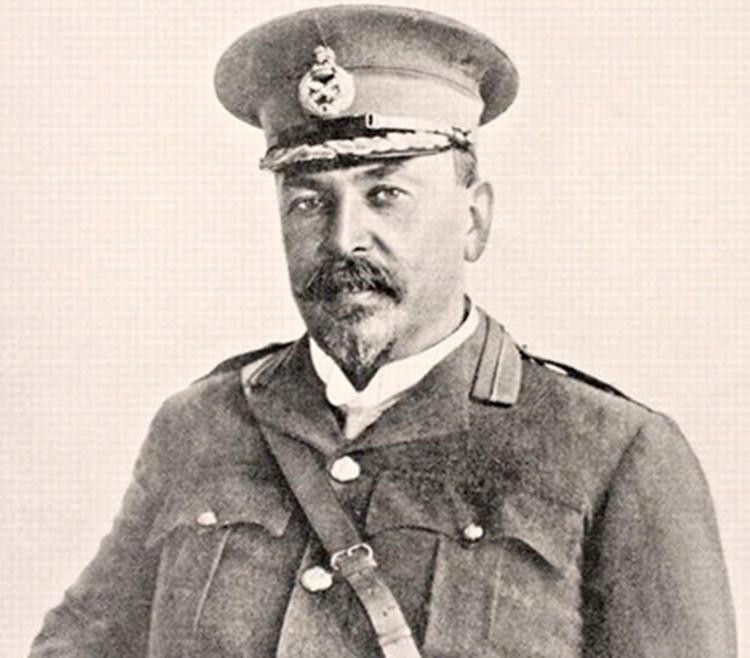
General Louis Botha was a Boer general and statesman who played a key role in the Second Boer War and the unification of South Africa. He was born on our farm in 1862, and we are proud to honor his legacy by maintaining the cairn that marks his birthplace.
Come and see the cairn that marks the birthplace of General Louis Botha.
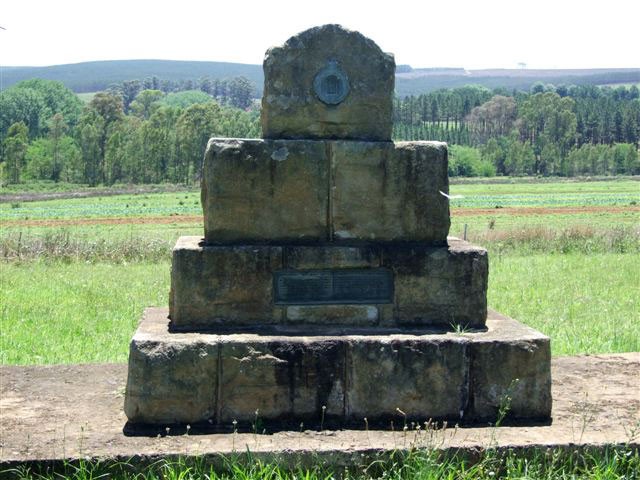
General Louis Botha was a prominent South African military and political leader, serving as the first Prime Minister of the Union of South Africa from 1910 to 1919. Botha was born on HoneyFontein Farm in 1862, and his legacy is still honored on the farm today.
Botha’s early life was shaped by the rugged and independent spirit of the South African frontier. He grew up on HoneyFontein Farm, where he learned the values of hard work, self-reliance, and a deep connection to the land. Botha’s family were among the first settlers in the region, and they played an important role in establishing the local community.
As a young man, Botha distinguished himself as a skilled and courageous soldier. But it was during the Second Boer War that Botha truly emerged as a national leader. He led the Boer forces to victory in several key battles, earning a reputation as a brilliant tactician and a fearless commander.
After the war, Botha became a leading advocate for reconciliation between the Boer and British communities. He recognized that the future of South Africa depended on unity and cooperation, and he worked tirelessly to build bridges between the two sides. Botha’s efforts helped to pave the way for the formation of the Union of South Africa in 1910, and he was chosen as the new country’s first Prime Minister.
As Prime Minister, Botha continued to promote unity and progress in South Africa. He implemented a series of reforms aimed at modernizing the country’s economy and improving the lives of its people. Botha also played a key role in South Africa’s participation in World War I, leading the country’s forces in several important campaigns.
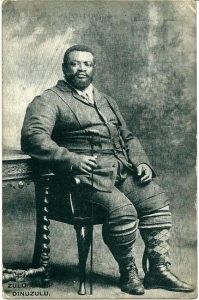
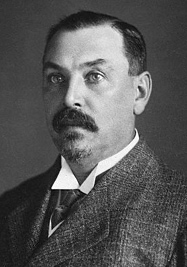
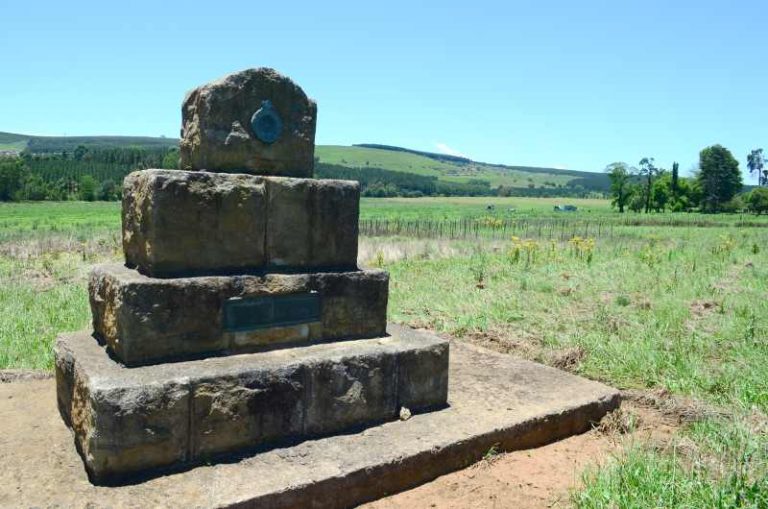
General Louis Botha had a complex relationship with the African tribes in South Africa, including King Dinuzulu, the leader of the Zulu nation. Botha fought against African tribes in several campaigns during his military career, including the Anglo-Zulu War of 1879. However, he also recognized the importance of working with African leaders to achieve peace and stability in the region.
After the Second Boer War, Botha became a leading advocate for reconciliation between the Boer and British communities, but he also sought to build relationships with African leaders. In 1909, Botha met with King Dinuzulu and other Zulu leaders to discuss their grievances and concerns. Botha recognized that the Zulu nation had been unfairly treated by the British and Boer governments, and he sought to address these injustices.
In 1909, after General Louis Botha became the first Prime Minister of the newly formed Union of South Africa, one of his first acts in office was to release King Dinuzulu from prison and exile him to a farm in present-day Mpumalanga. Botha recognized that Dinuzulu’s imprisonment had created significant tensions in the region, and he believed that releasing him would help to promote peace and stability. Botha also saw Dinuzulu as an important ally in his efforts to build relationships with African leaders and address injustices where he could.
Botha’s decision to release Dinuzulu was not without controversy, however. Some white South Africans saw Dinuzulu as a threat to their interests and opposed his release. Others saw Botha’s actions as a sign of weakness and an abandonment of the principles of white supremacy that had long dominated South African politics. Nevertheless, Botha stood by his decision, believing that it was the right thing to do for the future of the country.
The significance of Botha’s decision to release Dinuzulu cannot be overstated. It represented a recognition of the importance of African leadership and the need to build bridges between different communities in South Africa. Botha’s actions also helped to pave the way for future efforts to address injustices and promote reconciliation in the country, including the eventual dismantling of apartheid in the latter half of the 20th century. Botha’s complex relationship with African tribes, including King Dinuzulu, reflects the difficult and often contradictory realities of South Africa’s history, but his efforts to promote peace and understanding are an important part of the story.
To quote the biography of Botha penned by Richard Steyn, he concludes that :
"Botha as a great, but flawed, man who must be judged within the context of his times"
Richard Steyn
HoneyFontein Farm has been in our family for years, and we are proud to continue the legacy of farming excellence that our family has established. Over the years, we have expanded our operations and modernized our techniques, but our commitment to quality and sustainability remains unchanged.